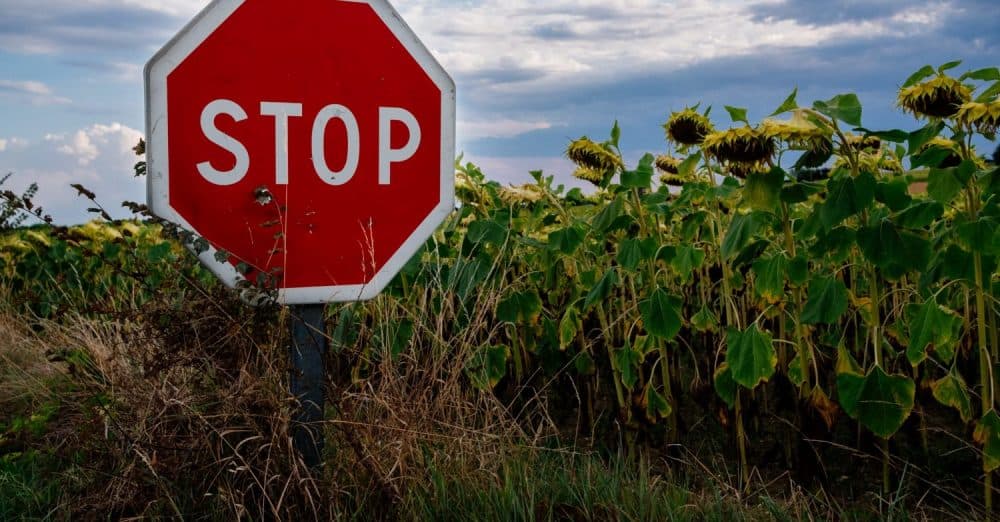Sanctions against Russia: what are the consequences for the rest of the world?
Published on 07/21/2022
Thematics :
Sanctions against Russia: what are the consequences for the rest of the world?
Published on 07/21/2022
After more than six rounds of sanctions from the European Union against Russia, the Russian banking system has suffocated. Are these sanctions effective and what is their short-term impact on the rest of the world? Finance professor at NEOMA, Catherine Karyotis, analyses the situation.
Freeze on the assets of Russian oligarchs, closure of the Swift network in Russian banks, hold on all transactions with the Russian Central Bank and the commercial banks and then with certain public companies, blocks on any investment in the sector of Russian energy, commercial restrictions, border closures and an incremental embargo, these six arounds of sanctions, including the last one in particular (embargo on oil, exclusion of Sberbank), have definitively cut off Russia.
After more than three months of Russia’s war to conquer Ukraine, these six rounds of sanctions by the European Union against Russia, not to mention the destroyed cities and infrastructures and ravaged Ukrainian population, have forced us to question the utility or uselessness of the European sanctions. Useful or futile, these six rounds of sanctions had to be exerted to make Russia fold.
On 2 March 2022, the value of the rouble dropped by 20%. The next day, the Central Bank decided to no longer allow foreign holders to cash in government bonds in roubles for an undefined period. It still was a matter of payment fault (verified if the decision concerns bonds in euros or dollars). On 16 March, 177 million dollars in bonds were paid to creditors. On 4 May, Russia drew from the reserves of the central Bank to avoid default, much like the Russian repudiation of debt in 1918.
Today, the Russian banking system has suffocated. With the disconnection of the Swift system blocking commercial banks from refinancing, the Central Bank is no longer able to soften the blows from the sanctions. Its assets are frozen, and its gold is almost unsellable. By the end of May 2022, Sberbank, the main Russian bank, is disconnected from Swift.
On 26 May, Russia did not honour its $1.9 M interest payment, triggering what the International Swaps and Derivatives Association called a credit event, prefiguring a payment default…
Western companies have pulled out (McDonald’s, Starbuck, Ikea, etc.), and Russian companies are bankrupt. This includes Severstal, the Russian steelmaker that Arcelor sought to buy to avoid a hostile takeover by Mittal. The company was managed at the time by Alexey Mordashov, the Russian oligarch who is currently affected by western sanctions and has recently been the subject of an investigation into the financial arrangement that would have allowed him to transfer shares of TUI travel group to his wife to avoid the sanctions.
The Boston Consulting Group believes that investors will not return to Russia for another two to five years. The mid- and long-term consequences are thus undeniable for Russia, but they are more onerous in the short term for the rest of the world.
Russia and Ukraine have rich soil and sub-soil. Possessing aluminium and titanium, nickel and palladium for the non-ferrous metals as well as iron itself, and equally important, the fuels of gas and oil, Russia is one of the largest producers of raw materials. What is more, for agricultural products, both Russia and Ukraine are the top exporters of wheat, corn, sunflower and rapeseed. These two granaries of the world, benefiting from the fertile lands made up of the black soil called Chernozem, a type of soil rich in humus, have seen their production stopped or blocked.
Wheat, rapeseed, sunflower, as well as chemical fertilizers are the raw materials that are leading to a predicted world famine. All of the links in the chain of global food production are broken. And Vladimir Putin is currently trying to negotiate the delivery of grain against the lifting of sanctions.
Whatever happens, the world changed on 24 February 2022. A new geopolitical, financial and economic breakdown has occurred, and a different bipolar world is developing with a Russian-Chinese axis versus the rest of the world, with only a few exceptions.
Catherine Karyotis, PhD, HDR, is professor of Finance, head of the Master in International Financial Analysis – Assessment and Asset Management, and head of the Objectif Manager executive education programme at NEOMA Business School
This article was published in French on the website Monde des Grandes Ecoles: Les sanctions contre la Russie : utiles ou futiles ? – 27/06/2022
photo credits: Benedicte Karyotis

